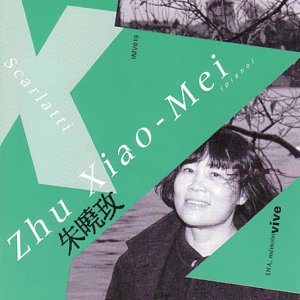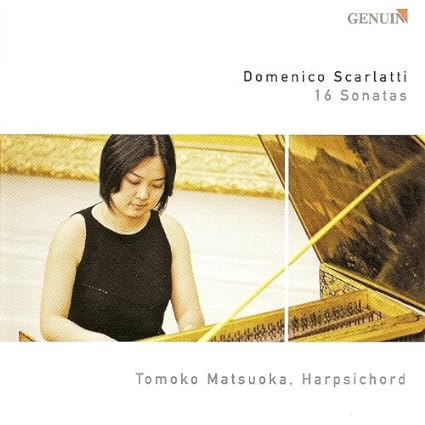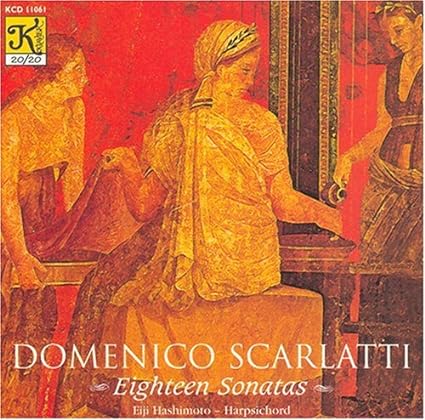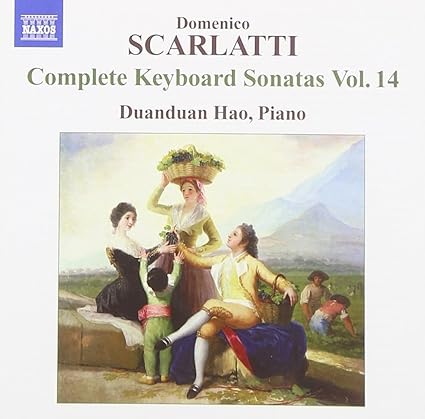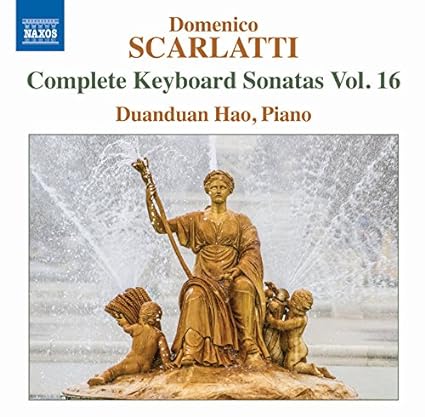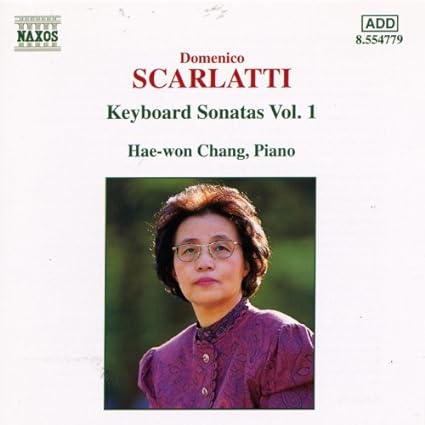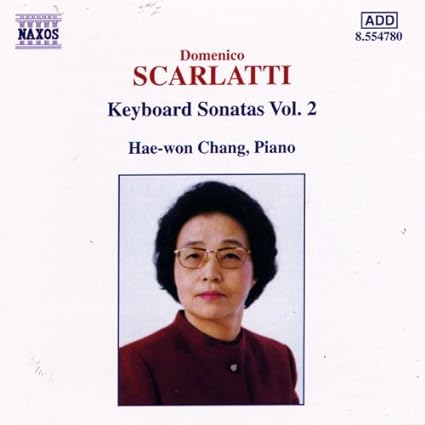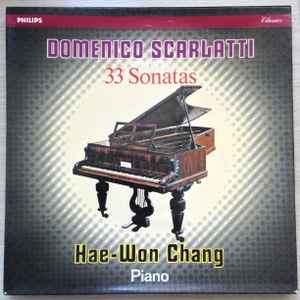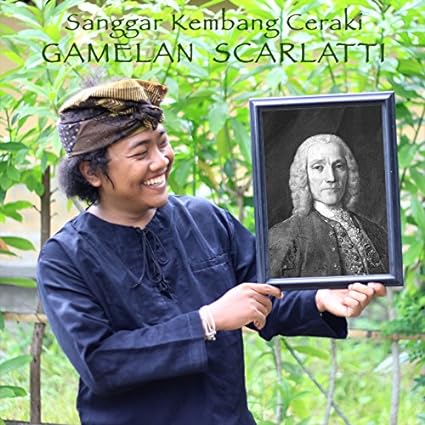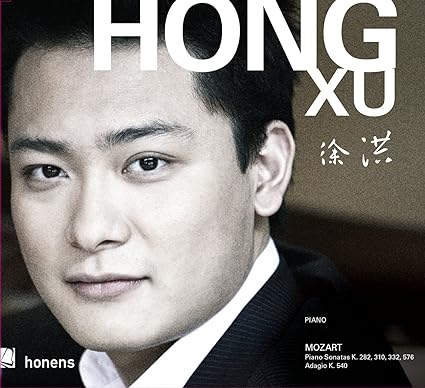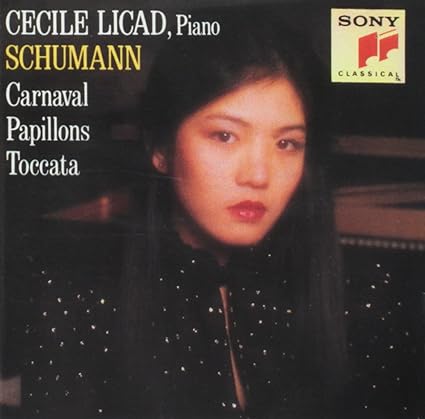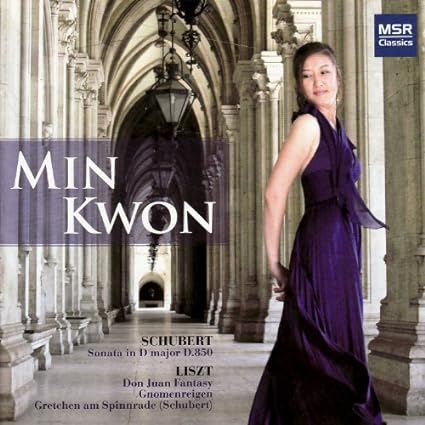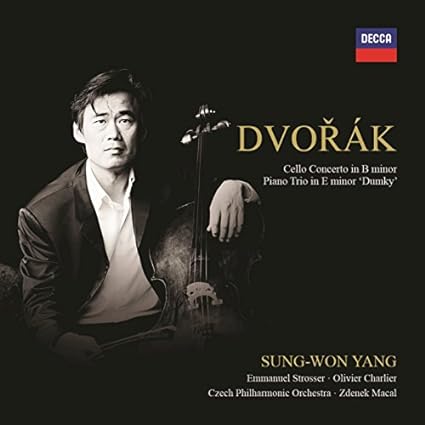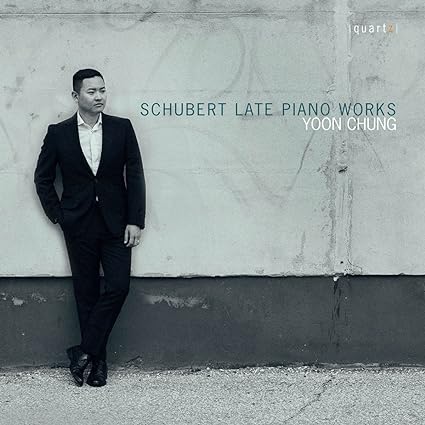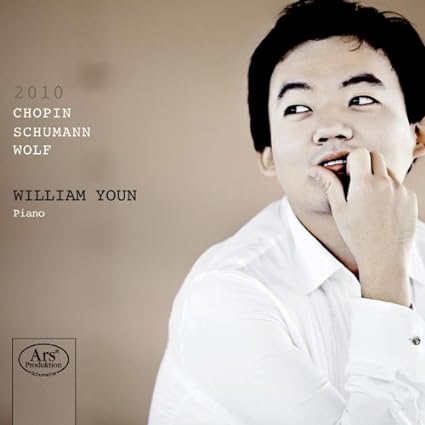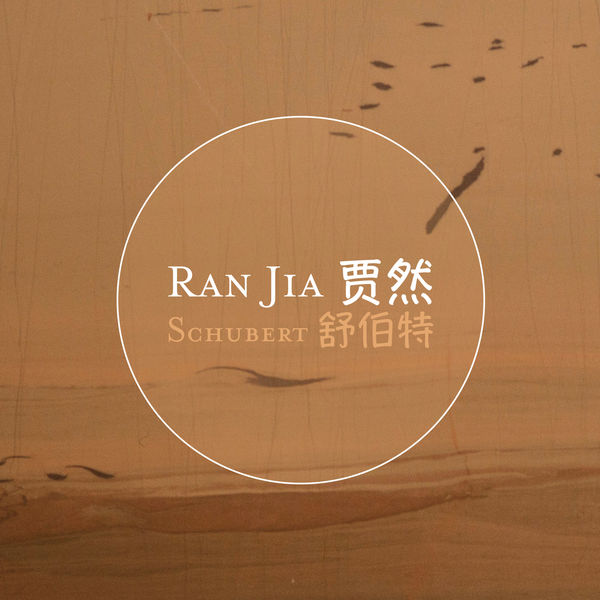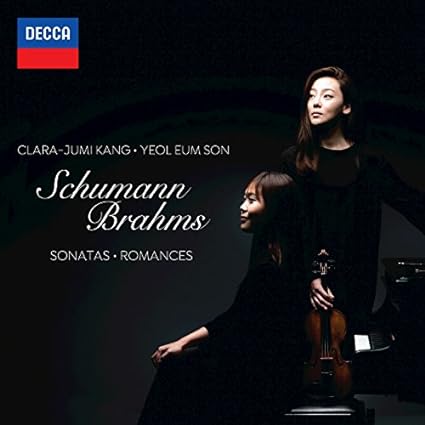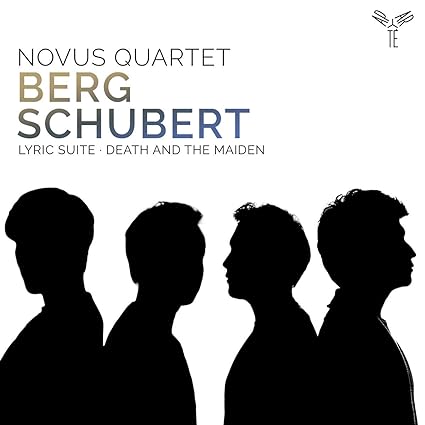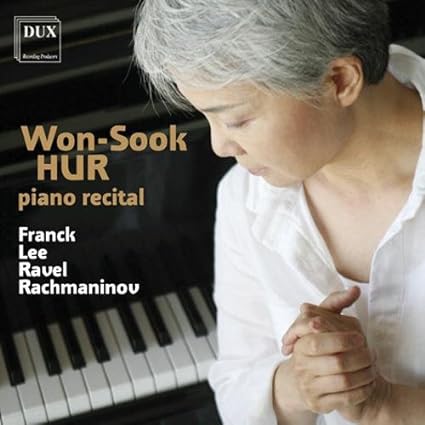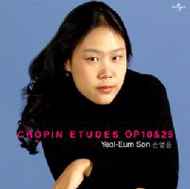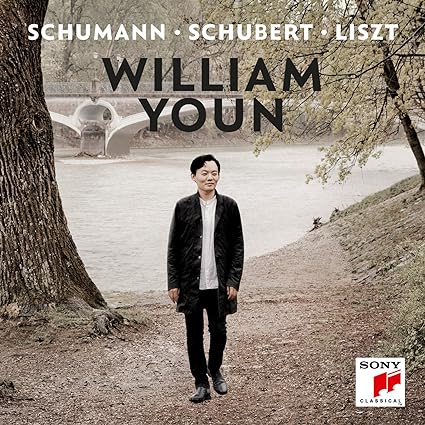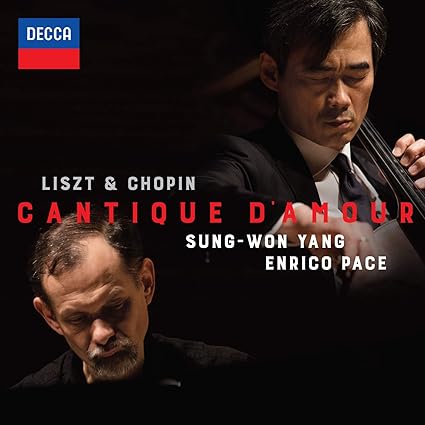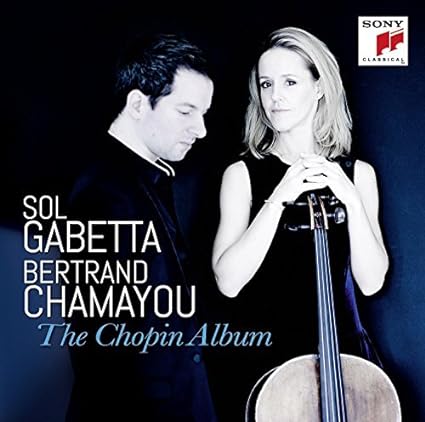I'd say it feels wrong, but I just can't. Liszt's solo piano works work best as solo piano works. Word is the dude could play. Why bother with transcriptions? To this point, I'd not bought any recordings of transcriptions for cello and piano, but to that point, Sung-Won Yang had not recorded the works. Reinforcing that point, Yang's musical partner for this set is Enrico Pace. It actually took me much longer than originally anticipated to snap up this recording because I kept waiting for a reasonably priced, US market, physical media release, but it has not been forthcoming. Finally, I had enough and went the high res download option, which ended up being cheaper than physical media anyway.
I started in with dizzyingly high expectations. I can happily report my expectations were met. The first disc opens with the
Romance oubliee, and Yang starts off up high and makes his instrument positively sing. He uses big ol' dollops of vibrato from time to time, but only because he should.
La lugubre gondola, S134 follows. This rendition almost makes one think that this is how the piece should always be heard. It helps to have a Lisztian of Pace's quality tickling the ivories, and he lays the beautiful, granitic foundation for Yang's dark, often melancholic, and sometimes searing and painful playing. This is a lament for the dead, no doubt. It remains incredibly beautiful throughout. On a normal recording, this could be considered the highlight, but here it's just one extraordinary performance among many.
Die Zelle in Nonnewerth follows, and if it's not quite as good, it is superb, unabashedly romantic, and demonstrates what Yang can do when he wants to play with a big, fat tone - he can energize a listening room. In the first
Elegie, were it not for his superlative control, one might be tempted to say that Yang pushes things over the top. But he doesn't. He can't. It is Liszt, after all. Next up is something that I thought could not possibly match the solo version, the
Consolations. I can console myself in the knowledge that I was correct that the solo version bests this chamberfied take, but with that written, this set is all that and then some. The set sort of pyramids, starting strong, peaking with gorgeous renditions of the third and fourth pieces, then returning to merely world-class level writing and playing. Yang and Pace deliver the second
Elegie in a manner that sounds nearly as superheated as the first. So far, so superb. Then things get really good. Two pieces from
Harmonies poétiques et religieuses close out the disc:
Ave Maria and the title track,
Cantique d’amour. The
Ave Maria, properly done (eg, FFG), is a highlight of the solo piano set, and here, with Yang doing melodic duties, the piece sounds possibly even more beautiful than the piano version. Throw in no little solemnity, but no excess weight, and one gets a piece meant for this instrumental pairing. The final piece pulls off the same trick, and when called on to take center stage, Pace is more than up to task. Indeed, this piece, even more than the ones before it, made me want to hear him in more solo work, including more solo Liszt, and more to the point, the complete
Harmonies. Should this much Liszt chamber music be this good? Of course!
But wait, there's more! This super-deluxe set also include Chopin's works for piano and cello. As luck would have it, I picked up another quite recent recording of two of the same works from Sol Gabetta and the great, great, great Bertrand Chamayou, so a little A/B action ended up on the listening menu.
I started with the Yang/Pace take on the sonata. The playing picks up where the Liszt left off, then turns everything up to 11. Impassioned, yet precise, the dynamic duo nearly manage to make musical short work of the opening Allegro moderato. It holds together tightly, and probably due to the wide, dramatic dynamic swings and at times nearly undulating tempi, it seems to move more quickly than normal. Of course, Yang's at times hyper-romanticized (pseudo-) abandon (he's got everything well under control) makes one avidly listen to each pulsating bar with eagerness. Too, Pace knows when to assert himself, though he never, ever,
ever merely bangs away. The Scherzo offers even more of the good stuff. While Pace is no wallflower, it really is Yang's show here. And as he has demonstrated time and again, when he plays up high, he is in his element. Things finally cool off in the Largo. Yang adds some fat sounds to his playing, and Pace provides a perfect accompaniment. Gorgeous and echt-romantic, it falls passionately but gently on the ear. The duo then belt out a rollicking finale, full of verve and polish and a suitably romantic feel, all in perfect proportions.
Maintaining the same slightly impolite volume while I listened the first and second times around, I learned that the more spaciously recorded Gabetta/Chamayou effort is marked by a more piano-centric overall approach. There's certainly nothing wrong with that, much the less so when it's Mr Chamayou doing the do, but the balance changes the tenor of the piece a bit. The overall approach is still very vibrant, and one can certainly say romantic, it just sounds a bit cooler. And a bit more congested. Gabetta is no slouch, and partly due to her partner, she sounds less pronounced and up front. She also can't produce the middle and higher register goodness that Yang can. It's also possible to say that Chamayou comes to dominate proceedings too much at times, something Pace, or Pace and the engineering team for Decca would never let happen. (Given his other chamber efforts, I'd say it's more down to the artist.) The younger duo keep things a bit swifter and more classical in mien throughout the rest of the movements. While undeniably well played, even with its slightly shorter timing, it seems longer and doesn't work as well.
For the rest of the listening, I just ran through the rest of each respective disc. The Yang/Pace disc has only the Introduction and
Polonaise Brillante, Op 3 and the transcription of the posthumous C-sharp minor Nocturne. The Intro and Polonaise is simply a delight. Bouncy and romantic, with Yang's cello singing, it glides along. Pace displays some mean Chopin chops, with positively delicious right hand playing. He really ought lay down some solo Chopin. In the Nocturne, Yang takes the erstwhile right hand playing and transforms it into romantic lied of Schubert-Goethe combo quality, and a smoothness of delivery that some singers would kill for.
Gabetta and Chamayou make a convincing case for Op 3, and here Chamayou's undeniable awesomeness pays dividends as he dashes off Chopin's writing with lithe effortlessness. (Yeah, let's hear what
he can do with the Etudes.) The piece doesn't breathe and flow as naturally; it often seems pushed straight through to the end. It's excellent, it's just than Yang and Pace are more to my taste. There's no doubt that the best thing on this disc is the frisky, frolicsome
Grand Duo Concertante, out of which the pair make a musical meal. The one Etude and two Nocturne transcriptions are fairly classical in demeanor, and though lovely, less atmospheric than what the more experienced duo offer.
Sound for the Yang/Pace recording is straight-up SOTA. Sound for the Gabetta/Chamayou is not quite as good, but it's hard to call it something other than SOTA.
This twofer is another blockbuster recording from Yang and Pace. The Gabetta/Chamayou ditty ain't half bad, but it ain't as good as the music provided by the older fellas.
